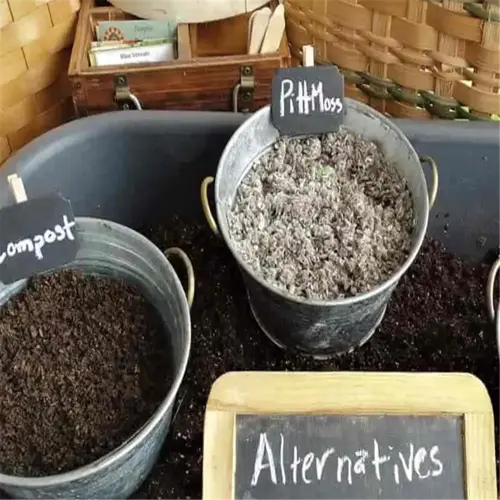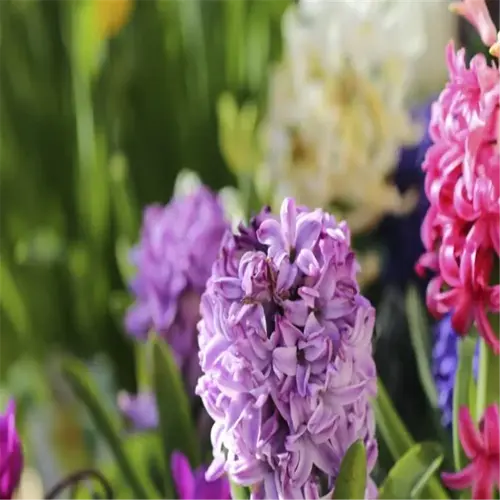What materials work best for frost protection?

Written by
Paul Reynolds
Reviewed by
Prof. Martin Thorne, Ph.D.Ultimately, selecting appropriate materials to shield plants against frost will dictate how many survive unscathed during cold weather events. Breathable materials are always a better option than solid plastics as they permit airflow and capture heat to the ground. I have observed burlap save rosemary bushes at 25°F where plastic rotting of the roots occurred. Materials that balance insulation with moisture properties should be the primary focus.
The method of installation is just as important as material selection. Install the cover loosely to develop air pockets to trap warmth as needed. You'll want to weigh down the edge of the cover with rocks or soil. My neighbor lost her whole lemon verbena plant after the wind blew off her tightly wrapped cover, exposing the plant to 20°F air.
Material Installation
- Overlap edges by 12+ inches to block wind
- Elevate covers 6+ inches above tender blooms
- Anchor with UV-stable pins every 24 inches
- Remove daily if temps exceed 38°F
Combining Layers
- Layer bubble wrap under frost cloth for potted plants
- Use straw between plastic and soil for root crops
- Wrap tree trunks with burlap below mulch lines
- Rotate covers weekly to prevent mold
Microclimates alter protection requirements. Urban plantings gain 4-6°F from building warmth, and rural areas will require more coverage. My garden located in the mountains requires double-layered covers compared to my garden in the valley. Use wireless thermometers to test the strategies, then re-evaluate based on frost formation after observing patterns happening over three nights.
Read the full article: 12 Ways to Protect Plants from Frost: Expert Tips

